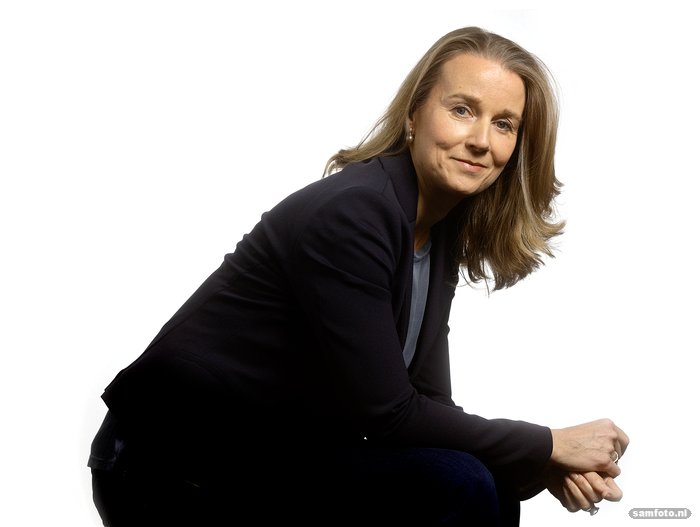[Column] Where's the technologist?
When it became clear in late February that the coronavirus had also reached the Netherlands, our lives quickly changed. Just days later we were greeting each other with a foot kiss or shaking elbows, many started working from home, and mums and dads became at-home teachers.
The government, advised by the Outbreak Management Team (OMT), made decisions that had a huge impact on our freedom of movement. The OMT is comprised of various experts, such as doctors, virologists, epidemiologists and microbiologists, but I found myself asking, where are the technologists? Our systems thinking and solution-oriented approach could surely prove very beneficial? It wasn't a deliberate omission, just that no-one thought to ask us. Technologists are not permanent participants in the OMT and people have a tendency to choose people who resemble themselves. This is one of our subconscious biases that obstruct diversity. Diversity in the traditional sense of the word, such as gender, sexual orientation, cultural background or age. Or, as in this case, diversity in expertise.
In April something interesting happened: technologists were given a major role. The Ministry of Health, Welfare and Sport published a market consultation ‘Invitation for smart digital solutions for coronavirus’. Over 700 teams spent their Easter weekend writing a proposal that had to be submitted three days later. The process for selecting seven proposals from the 700 to take part in the Appathon had not been thought through and several experts publicly withdrew, a disgrace. However, the Appathon itself and the following round table discussions were well organised, although here too there was a distinct lack of diversity in expertise. I stood on the virtual sideline watching a thrilling battle between technologists demonstrating a great technology push, and privacy experts who beat them back with their privacy legislation. The goal, to support tracking and tracing by the Municipal Health Service, seemed to have been lost sight of altogether. As a result, the government is starting again and building an app itself.
Now we have got the virus reasonably under control, it's time to look ahead. According to the experts, the question is not if there will be a second wave, but when. And then technology can play an important role. It can facilitate the social distancing society, for such things as booking a seat on public transport, access control, crowd management, and much, much more. Apps and tokens can make contact tracking and tracing much easier and algorithms can predict the spread of the virus. Multidisciplinary teams at TU Delft are presently preparing the start of the new academic year. The different perspectives within such teams are incredibly important for finding good solutions.
This should be copied at national level. How are we going to organise advisory teams for the next phase? The government and the OMT should involve technologists more often. But let us first and foremost search our own conscience and take an active stance as TU Delft alumni.
